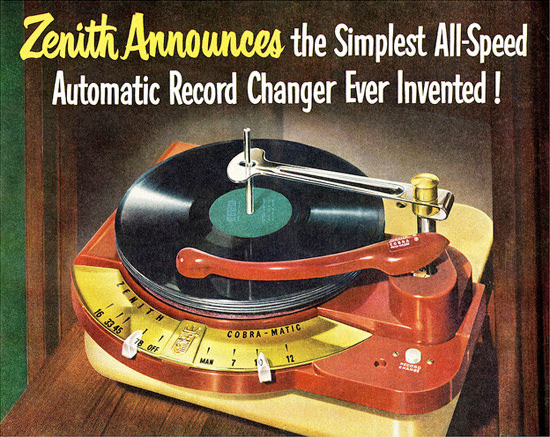Yea -- I underrstand. A lot of material is already DolbyA, and that is where we are stuck trying to decode it. It will never be correct unless decoded -- once it is encoded.
The material won't even sound totally clean/accurate when decoding with a true DolbyA HW unit.
There is a design flaw in true DolbyA units that the DHNRDS DA decoder fixes -- put your EE or control systems hat on, and I'll try to explain so that non-EEs understand it... It is complicated and my language/composition skills suck badly, but this is important to understand to keep from thinking that I am some kind of snake oil person (which I am not really selling anything anyway...)
Here, you have the original DolbyA encoding operation... It is a set of paralel jFET feedback compressors, each of them joined together with bandpass filters. Those compressors all together make a fairly now distortion multi-band compressor. I'll explain below R Dolbys genius in his compreesors.
In order to decode DolbyA, the mechnaism is to invert the behavior by putting the compressor array into the reverse leg of a feedback loop. The configuration of the feedback loop effectively inverts the compressor array into a reverse compressor, or expander.
Here is the problem with DolbyA *decoding*... This is where EE and/or control systems is important... Those compressors have a kind of propagation delay for their behavior and for the signal propagation through the process. Normally, in the forward direction, that delay is very benign -- it is so short tha it isn't really noticeable.
When using the compressors in the feedback loop, that propagation delay through the compressors is not benign, and creates errors in the decoding process. The DolbyA *decoding* process has more errors than the encoding process.
The DHNRDS DA is a mathematical inversion of what a DolbyA does -- it was very tedious to calculate ahead of time, but it is as accurate as needed to accurately represent the inverse compression provess without noticeable audible errors associated with the HW approach.
There is one more problem with BOTH the DolbyA compression and the inverse DolbyA compression (decoding) -- modulation effects. There are two parts to the modulation effects. One is that the DolbyA signal detector itself can create small amounts of intemodulation effects in the gain control signal. That slightly intermodulation effected gain control signal creates a sound that is almost equivalent to normal signal intermod distortion. THis kind of distortion happens mostly in the edge of the speed range of the attack/release times -- about 1000Hz range.
Another noticeable effect -- any fast gain control device, are the creation if signal sidebands that effectively soften the sound. These sidebands are equivalent to AM moduation as used in AM radio, and just a mathematically natural event of modulating the signal with a gain (gain control.)
The DHNRDS DA mitigates both of the kinds of IMD also (along with the inversion fix) -- one is that the precise DolbyA attack/release calculation is slightly modified in the margins so that the detector IMD doesn't happen. Secondly, the gain multiplication is a very complex math algorithm that moves the distortion sidebands into a less audible place in time and frequency (the energy is shifted.) It is impossible to eliminate the sideband energy, but the DHNRDS puts it into a hiding place where it is less noticeable. (There is an Orban patent that does some sideband manipulation in a more primitive way, but uses some of the same kinds of processing elements that the DHNRDS uses for its sideband manipuation. The Orban patent -- NOT what the DHNRDS does, but in the same vein -- US patent 6,205,225.
SO, many of the defects associated with DolbyA can be mitigated when decoding by using the DHNRDS DA.
About R Dolby's genius. His feedback compressors used in the cat 22, A301 and later DolbyA designs have a so-very-carefully crafted attack/release circuit. When doing a casual look-see at his circuit, it almost looks like an extra hairy straight signal detector, but it is NOT simple. Looking closely, it has a carefully crafted attack/release time filtering -- brilliant.
How does FeralA (the digital sound) decoding relate to DolbyA? The 'compressed' and woody sound on the digital CDs is basically an EQed version of the ENCODED DolbyA recording. Instead of decoding, the distributors of the dgital media did NOT decode, but instead attempted to EQ away the hard, intense DolbyA sound instead of decoding it. The DHNRDS DA takes away the disadvantages of decoding, except for simple better-than-DolbyA decoding takes about 3X faster than realtime. For super-archival quality decoding, it takes approx realtime.
This is the short, but long description of what is going on!!! Back to vinyl

.
John



